
Dr. Martin Andermatt is a leading figure in sustainable agriculture and biological crop protection. As a co-founder of the Andermatt Group, he transformed the company from a pioneering start-up into a globally recognized organization with over 600 employees. With a background in agronomy and biological control, he has driven the development of biopesticides, replacing chemical crop protection with sustainable alternatives. His commitment to research and innovation has positioned the Andermatt Group at the forefront of biological pest control. Beyond the company, he supported the establishment of the Annual Biocontrol Industry Meeting (ABIM), now the world’s leading biocontrol event, serving as its president until 2024. Through visionary leadership and dedication to sustainable agriculture, Dr. Andermatt has played a key role in advancing biological solutions worldwide, leaving a lasting impact on farmers, ecosystems, and the future of crop protection.
Q1. Andermatt Group started in a small apartment and has expanded across multiple countries. Can you tell us about your journey?
In the mid-1980s, I realized that many biological solutions for plant protection had been researched but never put into practice. For me, this was particularly concerning for codling moth control. Organic fruit growers struggled with over 50 percent infestation rates, while scientific literature documented promising field trial results using a granulosis virus against the pest. Research also outlined laboratory-scale virus production methods, which inspired my wife and me to start production in our student apartment.
At that time, Switzerland only had 50 hectares of organic fruit orchards, but even this small market presented an opportunity for our start-up business. Despite the initial high price of our first product, Madex®, it generated strong interest among organic growers. Farmers from neighboring countries even traveled to Switzerland to purchase this “miracle product” and in 1988, our first year in business, we sold our entire production! Encouraged by this success, we moved to a larger facility, hired employees, and expanded our product portfolio. However, navigating the regulatory landscape proved challenging. Lengthy approval processes posed a serious risk to our small company. After a decade of persistence, we reached a sustainable size, allowing us to secure stable business deals and achieve consistent annual growth of 15 percent.
In Switzerland, we expanded our portfolio with third-party products, while internationally, we worked with distributors to secure product registrations. By 2003, we had established our first subsidiary in Germany. Over the following years, we founded additional distribution companies and acquired majority stakes in production companies. Today, Andermatt Group is a network of manufacturing and distribution companies across Europe, Africa, and the Americas, offering farmers a broad portfolio of biocontrol solutions and biostimulants.
Q2. What qualities do you think helped establish Andermatt as an industry leader? From a leadership perspective, what was the most challenging period, and how did you overcome it?
Previously, organic crop protection products were often seen as unreliable or ineffective and were sometimes even referred to as “snake oils.” This gave biological pest control a poor reputation. We set ourselves apart by focusing on high-quality products and providing farmers with technically sound and honest advice.
During our first two decades, we were ridiculed and even treated with hostility by our agrochemical competitors. We persistently built trust with conventional farmers in small steps. Over time, through patience and persistence, we convinced them that our strategies were more beneficial in the medium term than the conventional approach.
Q3. The BioAg industry is evolving with innovations and technologies. What are the biggest challenges in developing and scaling biological alternatives to conventional pesticides, and how is Andermatt Group addressing them? Can you share insights into Andermatt Group’s latest advancements?
Unlike chemical pesticides, biological solutions are rarely protected by patents. This means that after investing significant resources into development, we often face competition from similar products. To stay ahead, we focus on optimizing production costs, improving formulations, maintaining strict quality control, and providing excellent customer support. Our emphasis on technical expertise and farmer education, particularly at the local level, also strengthens our market position.
At Andermatt, we operate multiple production companies, each with its own R&D department specializing in a specific field. All our companies continuously work on product improvements and innovations, both large and small. Our expertise spans from Baculoviruses, which we are well known for, to fungi and bacteria. As a group, we believe Andermatt’s ‘collective expertise’ presents growers with the best of world’s innovative and sustainable biological solutions.
Q4. Scaling a company globally requires strong leadership. What personally motivates you, and how do you keep your team aligned with Andermatt Group’s vision? What advice would you give to young entrepreneurs and researchers looking to make an impact in sustainable agriculture?
Our vision is simple: Healthy Food and a Healthy Environment for All. Achieving this means replacing agrochemicals with effective biologicals. This is a change that is still intimidating to many, but it’s a change that drives me personally and inspires our employees to make a difference every day. There are still many plant protection problems for which there is no biological solution. Most companies focus on the most commercially attractive problems, leaving significant gaps. My advice to entrepreneurial researchers is to identify a major problem within a niche market and develop a targeted solution.
Q5. What does Andermatt Group’s succession planning look like?
As our two sons have chosen not to take an active role in the Group, we decided over a decade ago to sell shares of Andermatt Group AG to our employees. Today, a third of our employees are shareholders, collectively holding over 45 percent of the company. In the near future, the majority of the Group will transition from family ownership to employee ownership, ensuring long-term stability and shared commitment to our vision.
Q6. Given the growing importance of sustainable agriculture and the key role of innovation in shaping the future of farming what do you hope the BioAgTech World Congress & Expo should achieve in terms of fostering global collaboration and driving forward the adoption of new, sustainable technologies in agriculture?
I started innovating and pioneering when not many believed in biological solutions. Since the beginning, I faced main challenges including the lack of adequate adoption rate, due to the lack of education and awareness. BAW Congress has the distinction of being created and managed by passionate agronomy professionals who champion and promote the use of sustainable farming. My expectation and recommendation are to keep developing this platform where knowledge sharing, B2B and B2C networking, and education takes place. We need all stakeholders engaged in such events.

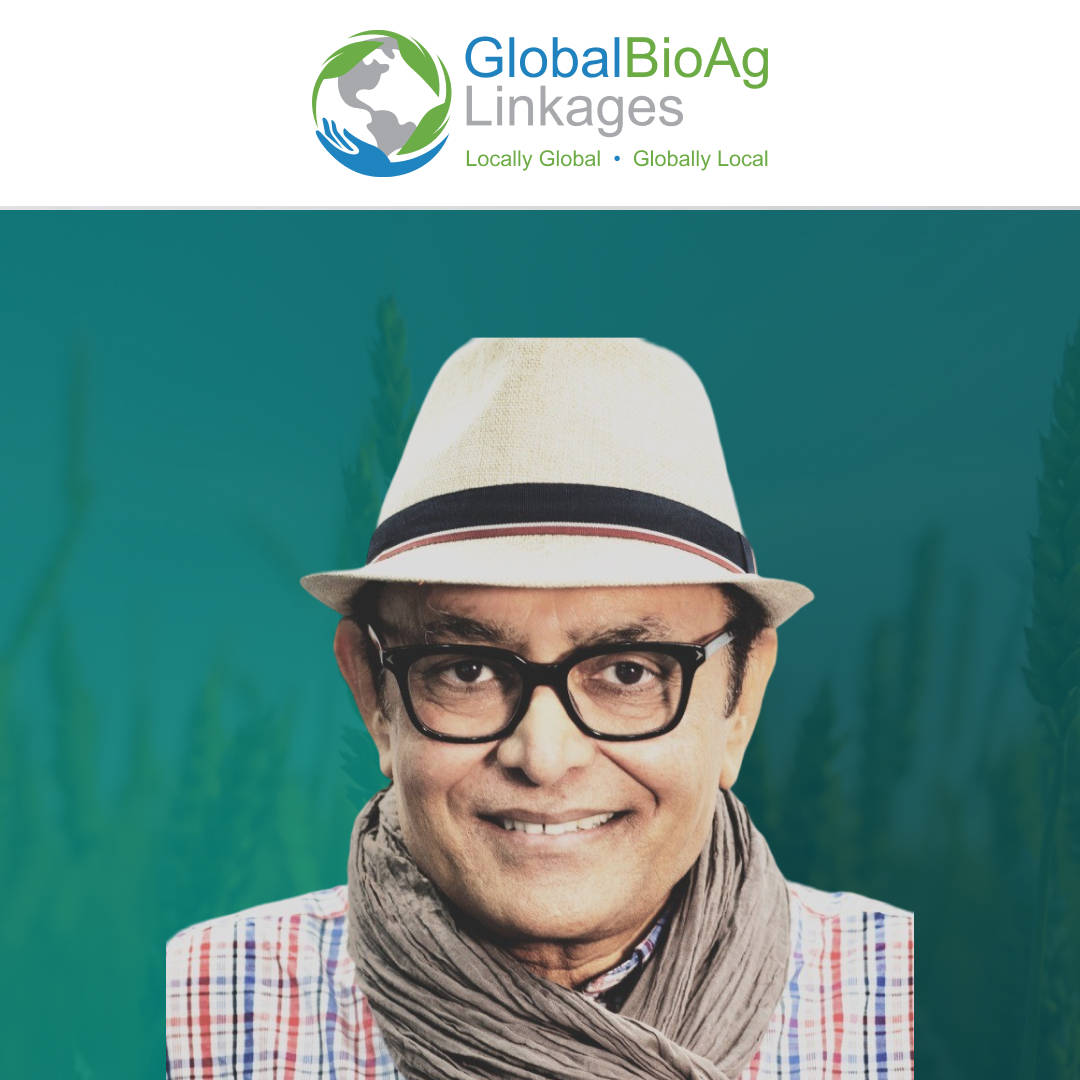
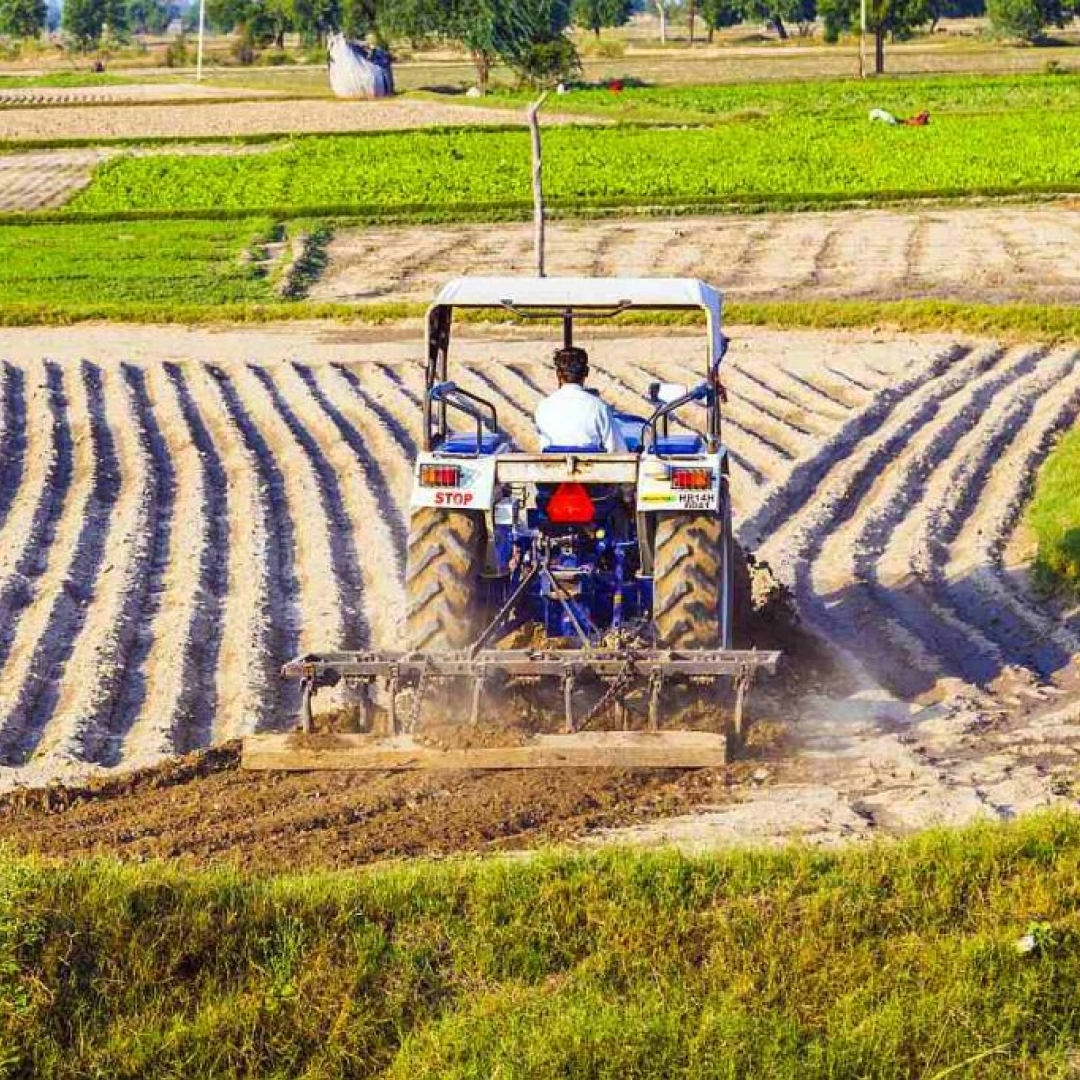
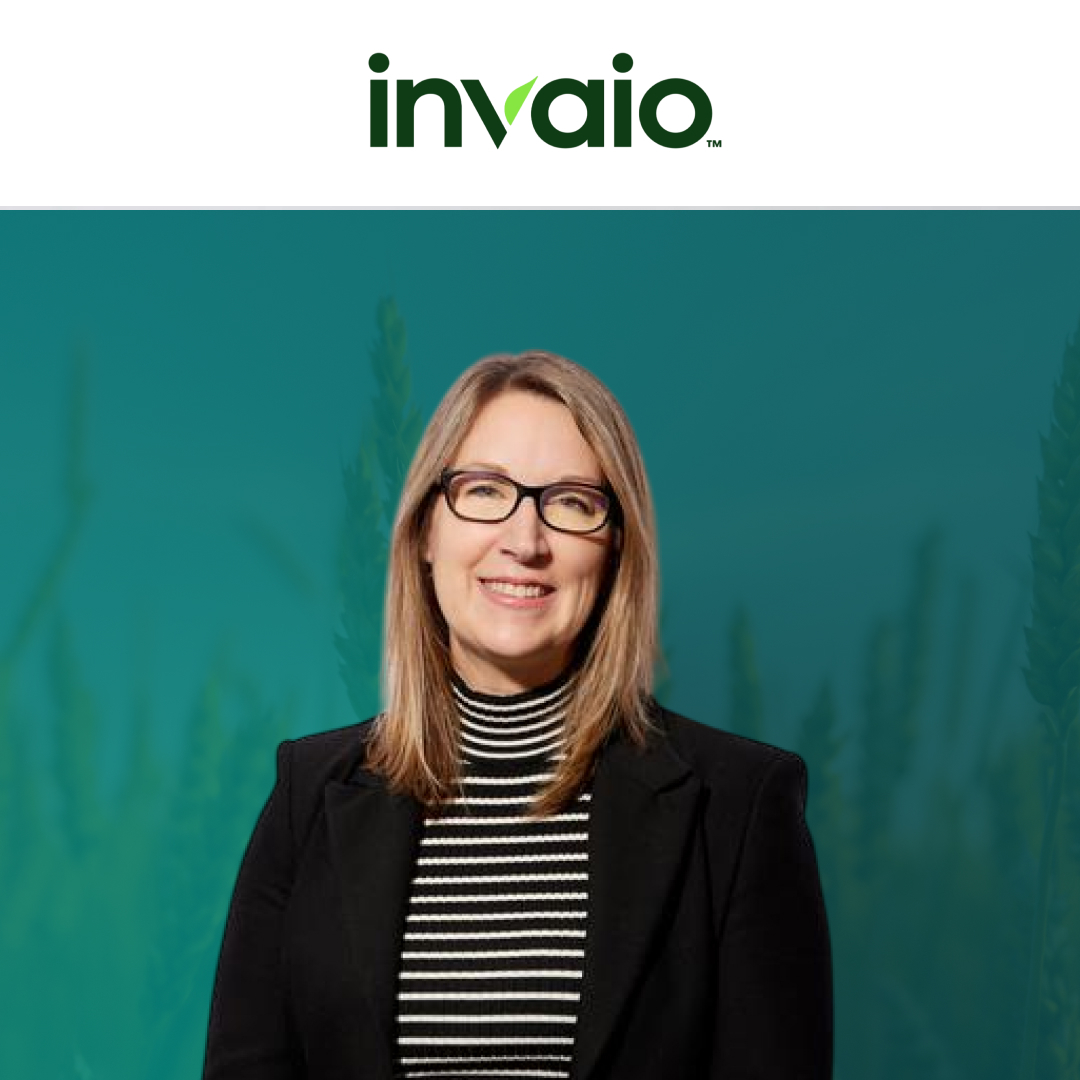
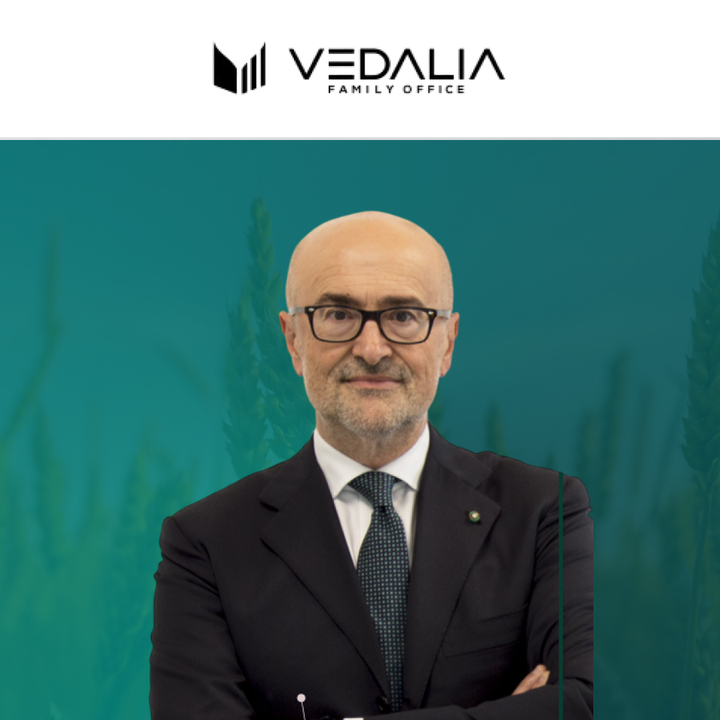
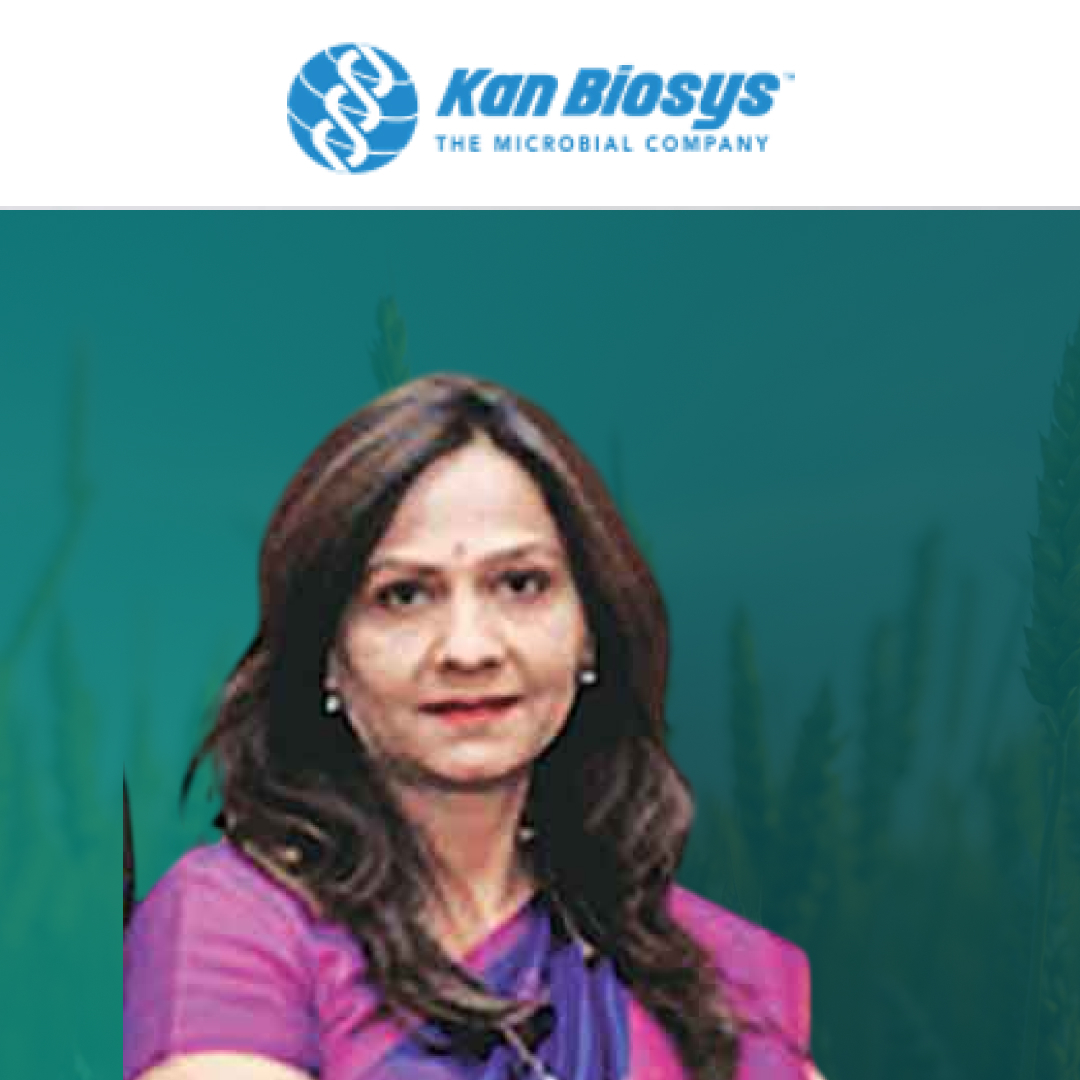
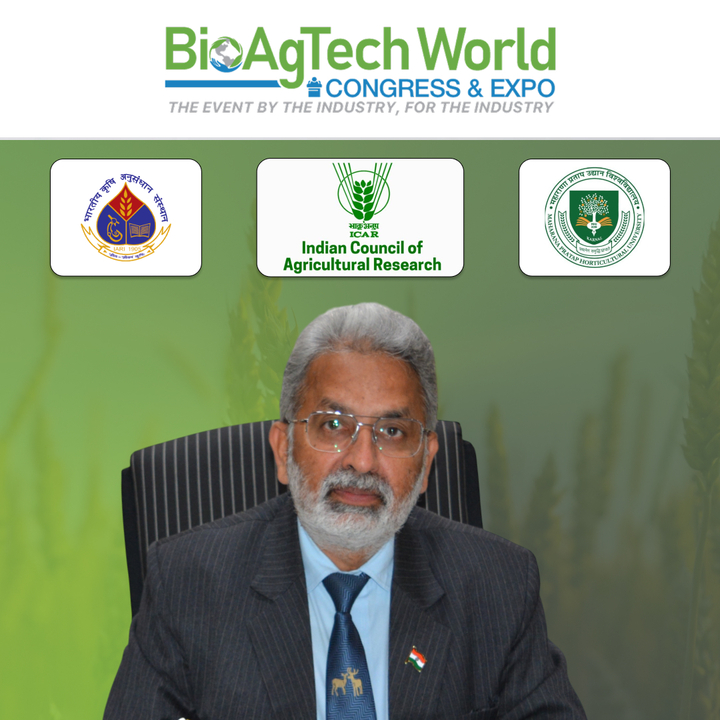
Leave a Reply